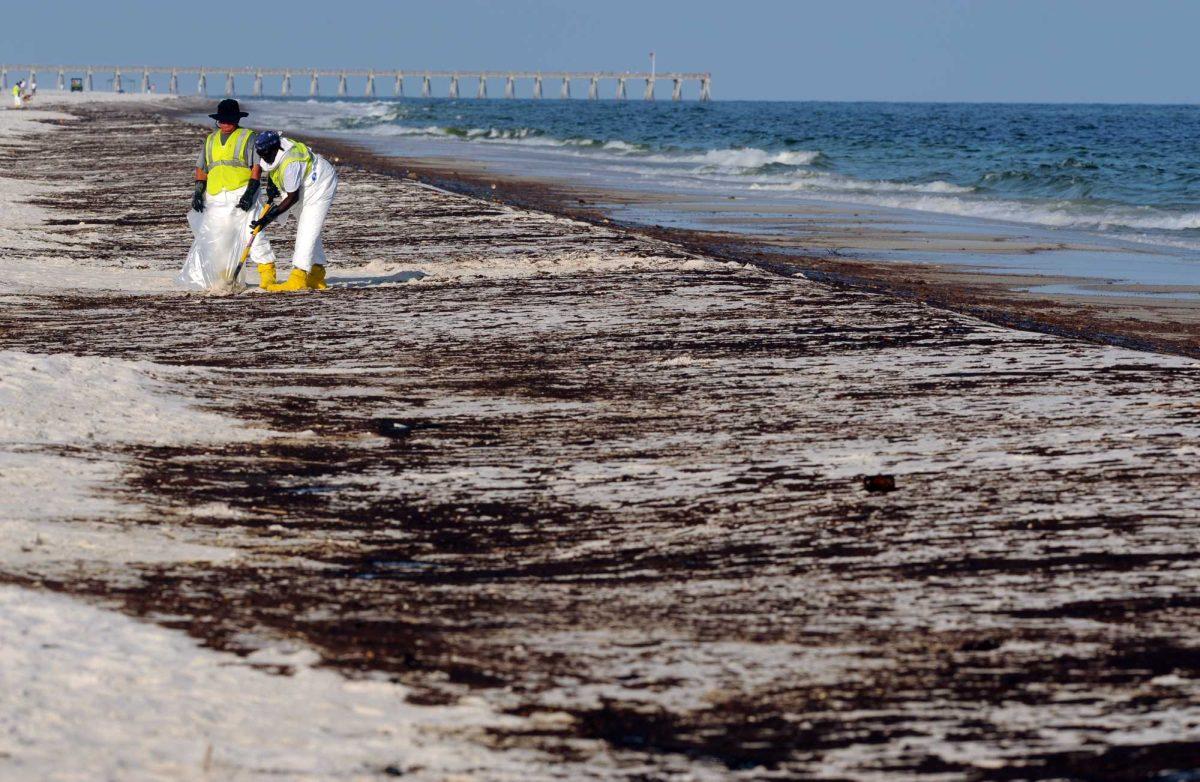In its ongoing effort to address the effects of human impact on coastal environments, the University has procured a $50,000 grant for its new undergraduate coastal research curriculum.
The University obtained the sizable award from the W.M. Keck Foundation, a philanthropic organization that donates money to new and innovative scientific programs. The Keck Foundation awarded the University a similar grant in January for the development of more universally accessible X-ray technology.
“The program will offer a combination of training that is unique and valuable. It will also support a wide range of undergraduate research projects through on- and off-campus research-for-credit and professional internships,” the University’s Coast Sustainability Studio director Jeff Carney said in a news release.
The studio is run by an eclectic team of scientists, engineers and architects from the School of the Coast and Environment, College of Engineering and the College of Art and Design.
Studio personnel will work in tandem with representatives from the Office of Research and Economic Development to establish the undergraduate program and prepare students for careers that address concerns like coastal restoration, flood protection, human settlement and economic productivity.
According to the program’s mission statement, students who enroll in the program will have access to a curriculum that includes classes in science, architecture and communication studies. The establishment of the minor is indicative of an increasing trend of collegiate systems promoting more frequent and meaningful interdepartmental interactions.
Undergraduate participants in the program will have the opportunity to complete hands-on projects with members of the University’s various research teams as well as members of the greater Baton Rouge community. According to its mission statement, CSS is committed to strengthening the University’s ties to the community it ultimately serves.
With the advent of the Deepwater Horizon Spill still in the collective memory of the Gulf Coast, programs like the one proposed by the studio are integral to the economic development of coastal economies like Louisiana’s, according to the studio’s mission statement.
“This kind of interaction will have a powerful impact on the state’s future coastal workforce,” Carney said in a news release. “Bridging research and practice through collaborative, project-based learning has the potential to be transformative for LSU and for the future of coastal research and practice.”
The new program will take 10 months to prepare. It will fulfill the tenets outlined by LSU Discover, the University’s Quality Enhancement Plan.
“Bridging research and practice through collaborative, project-based learning has the potential to be transformative for LSU and for the future of coastal research and practice.”
University receives funding for new minor
By Panya Kroun
April 22, 2014
Crews work to clean up oil from the Deepwater Horizon oil spill washed ashore at Pensacola Beach in Pensacola Fla. In a reversal, the Obama administration says it will not pursue offshore drilling in East Coast waters, including the eastern Gulf of Mexico. A senior administration official told The Associated Press on Wednesday, Dec. 1,, 2010 that because of the BP oil spill, the Interior Department will not propose any new oil drilling in the East Coast for at least the next seven years.





